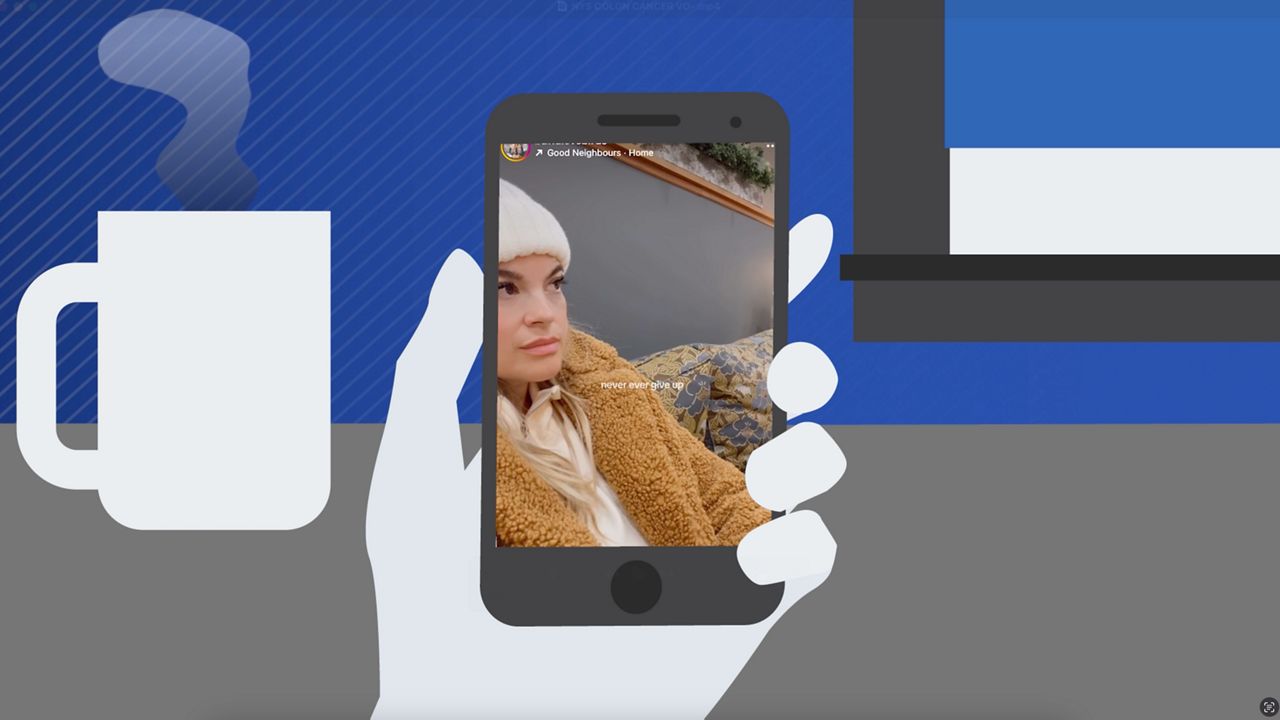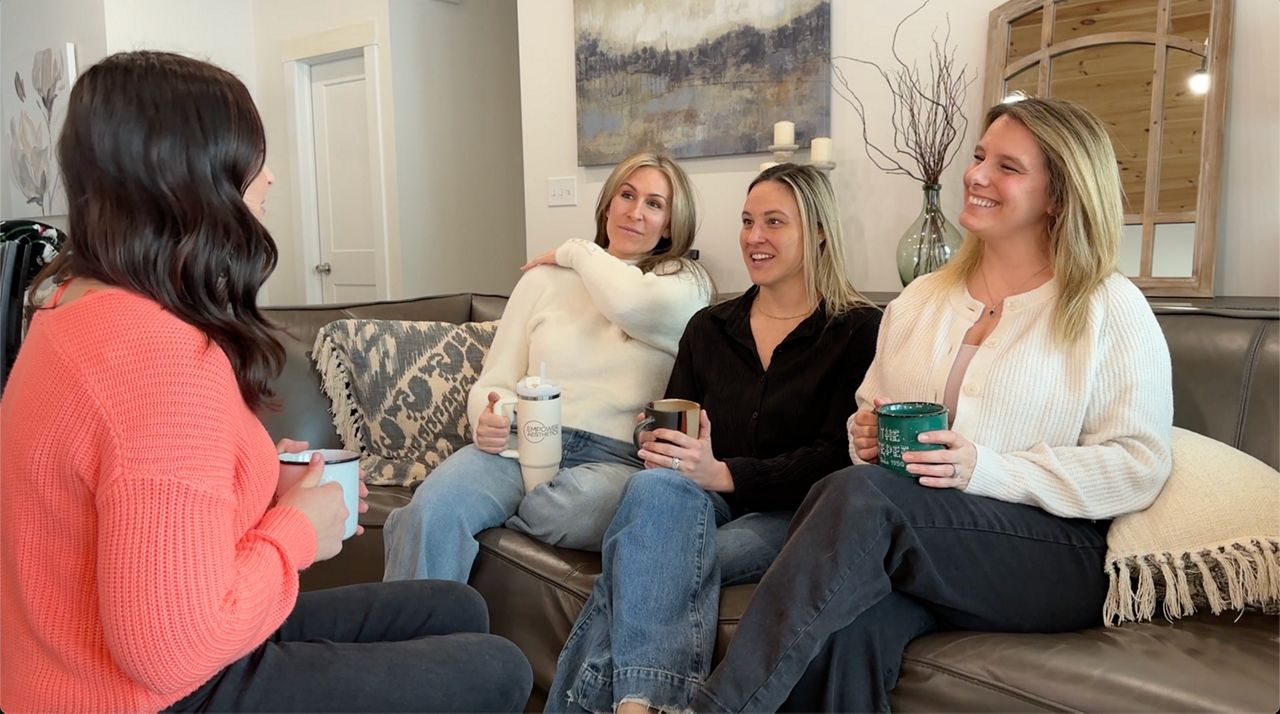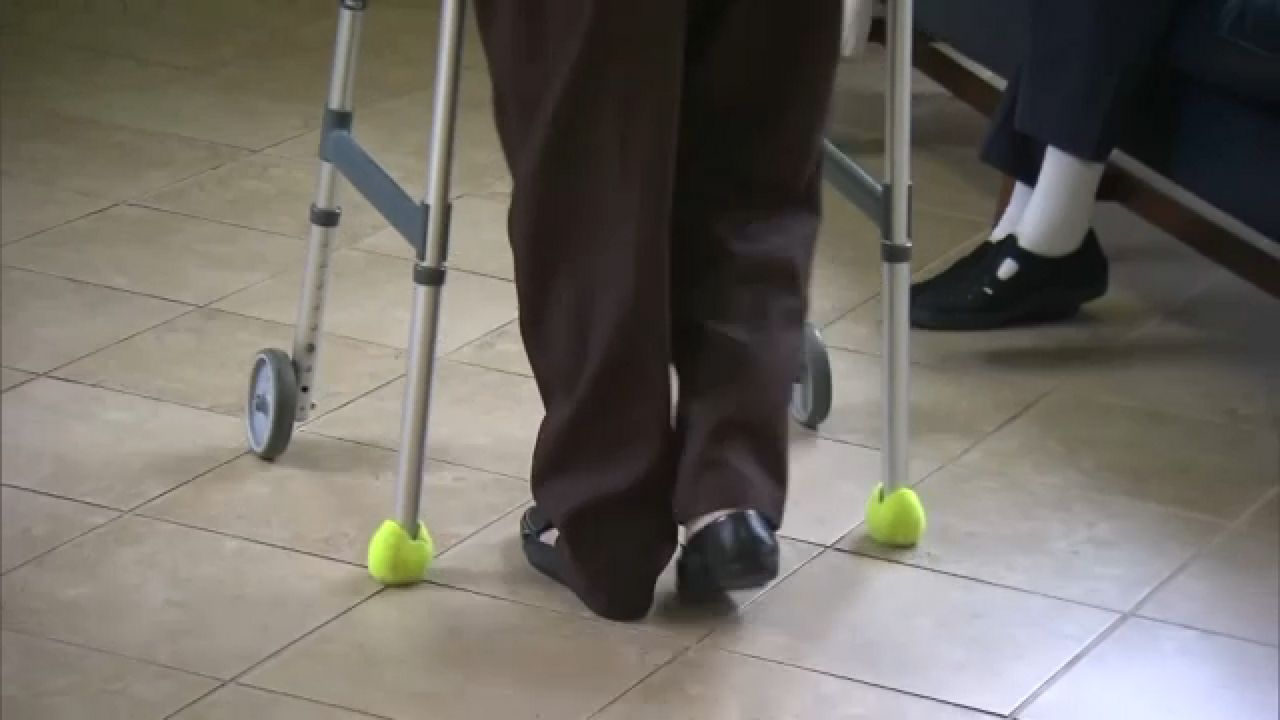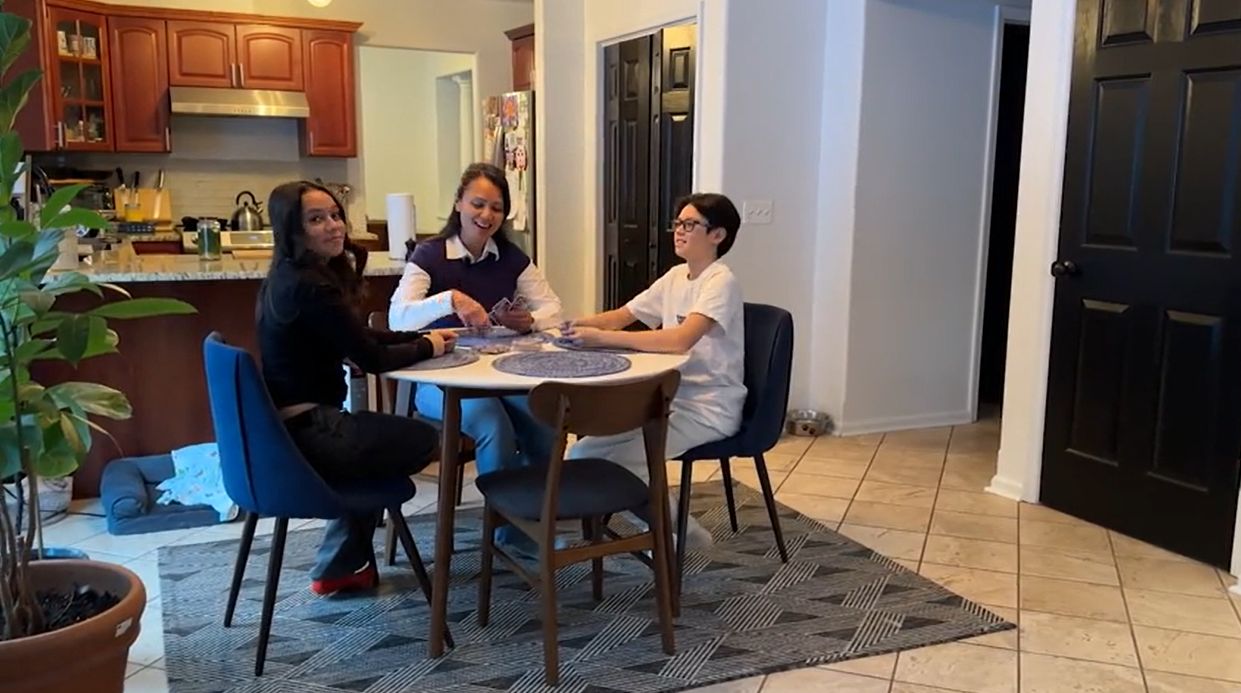For Army veteran Michele Johnson, it's during breath, body and soul classes at the Albany Stratton VA where she finds peace.
"It brings you to be present in the moment because … as someone with PTSD and anxiety, I tend to worry about the past and the future and not stay in the moment," said Johnson. "So by doing the mindfulness and the meditation that the VA provides, it's able to ground me and to stay present in the moment and be grateful for that, because otherwise I'd go back to traveling, to thinking in my mind all life is so bad because all the past things that have happened to me versus I'm in a really good space right now and life is good."
She can remember when life wasn't this good.
"I was in a very dark place having lived with PTSD for over 40 years with no treatment," said Johnson.
What You Need To Know
- Veterans face challenges during their tours of duty that can make it difficult to readjust to life back home
- Many experience PTSD, military sexual trauma, stress, mood, anxiety, sleep, psychotic and addictive disorders
- With a holistic health approach, the Albany Stratton VA connects patients to mental health services
According to the U.S. Department of Veterans Affairs, fewer than 50% of returning veterans in need receive any mental health treatment. The 2021 National Veteran Suicide Prevention Annual Report shows that approximately 17 veterans died by suicide every day in 2019.
In 2013, 20 years after leaving the military, Johnson met with her gynecologist, who she trusted enough to share her personal struggles.
"Michelle is just one of the stars of our program because when you inquire, you don't just like take care of a person's medical needs," said Dr. Suzanne Mesidor, lead gynecologist. "You want to find out what shapes them. Why are they what influences their life outside of the VA, outside of medical care?"
With that holistic approach to health, Johnson was introduced to the VA’s mental health services. She joined mindfulness, chi-gong, breath, body and soul classes.
"I give all the credit to the veterans," said Clinical Social Worker Mary Beth DeSario. "We wouldn't be here if they didn't take the courage to show up and walk through the door and that can be some of the hardest things to do when you're told in the military, push on, keep going, you get a profile if you disclose anything that's going on, then to trust that this system, that the VA is going to take care of them, that we're going to protect them, that we're going to support them."
As the program manager for the outpatient mental health clinic, DeSario doesn't like to focus on what is the matter with someone, but what matters to them.
"I find that my job is to work myself out of a job, to give people the skills to live life outside, on their own, on their own terms, life as they want, rather than me as the expert having to be there and then be dependent on me to tell them to how to live their lives or how to have the best quality of life," said DeSario.
Wearing the words “powerful, confident, strong” across her back – words Johnson says she would have never dreamed to use when describing herself before – Johnson knows she’s come a long way.
"Every day is not going to be easy," said Johnson. "I smile and I'm grateful. But then there's some days when I don't want to leave my room. But that's part of the journey. And I have learned to trust that and trust my providers."










